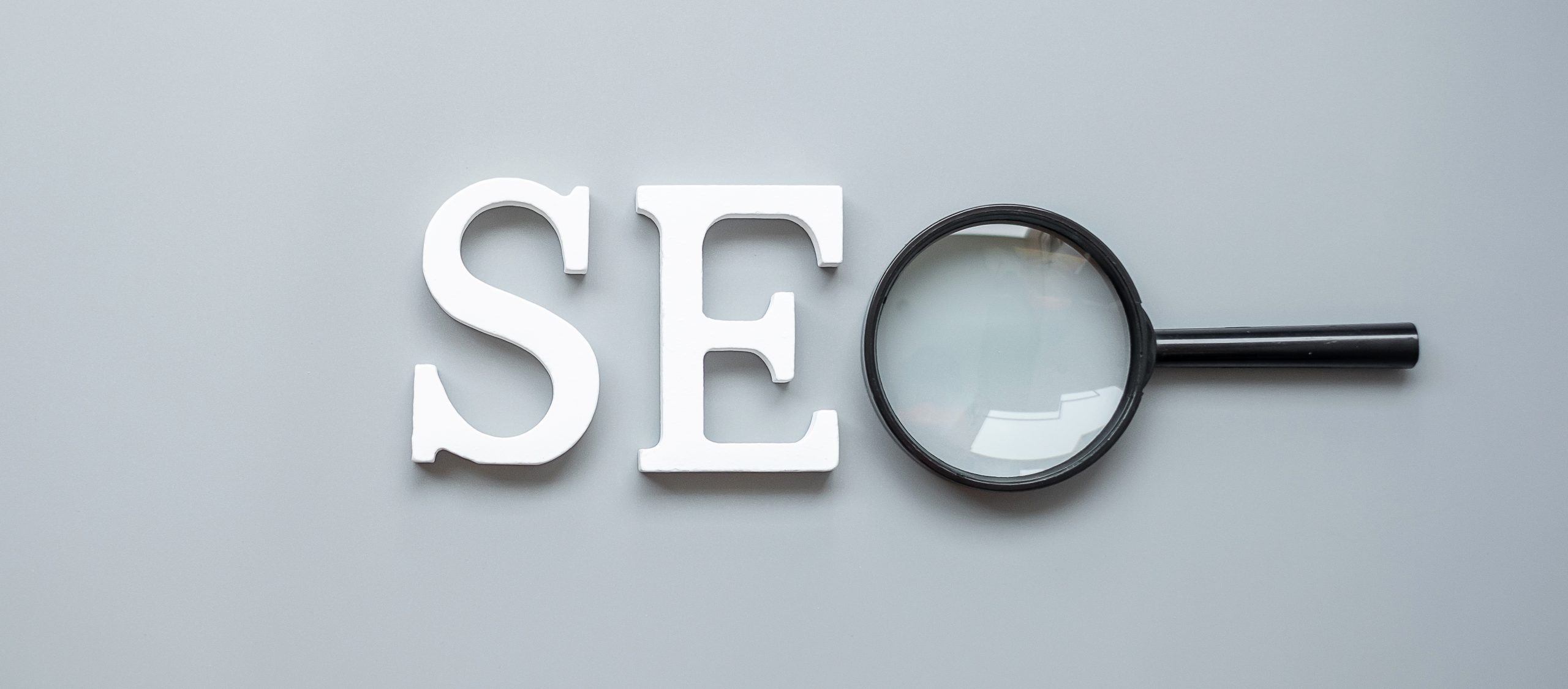Alt text: Alternative text is the text in HTML code that describes the images on web pages
Anchor text: The text with which you link to pages
Backlinks: Or “inbound links” – links from other websites that point to your website
Crawling: The process by which search engines discover your web pages
De-indexed: Refers to a page or group of pages being removed from Google’s index
Duplicate content: Content that is shared between domains or between multiple pages of a single domain.
Featured snippets: Organic answer boxes that appear at the top of SERPs for certain queries
Keyword stuffing: A spammy tactic involving the overuse of important keywords and their variants in your content and links.
Link volume: The quantity of links on a page.
Long-tail keywords: Longer queries, typically those containing more than three words. Indicative of their length, they are often more specific than short-tail queries
Organic: Earned placement in search results, as opposed to paid advertisements
Ranking: Ordering search results by relevance to the query
Redirection: When a URL is moved from one location to another. Most often, redirection is permanent (301 redirect).
Robots.txt: Files that suggest which parts of your site search engines should and shouldn’t crawl
Search engine: An information retrieval program that searches for items in a database that match the request input by the user. Examples: Google, Bing, and Yahoo
Search volume: The number of times a keyword was searched. Many keyword research tools show an estimated monthly search volume
SERP features: Results displayed in a non-standard format.
SERP: Stands for “search engine results page” — the page you see after conducting a search.
Sitemap: A list of URLs on your site that crawlers can use to discover and index your content.
Traffic: Visits to a website.URL folders: Sections of a website occurring after the TLD (“.com”), separated by slashes (“/”). For example, in “domain.com/blog” we could say “/blog” is a folder.

